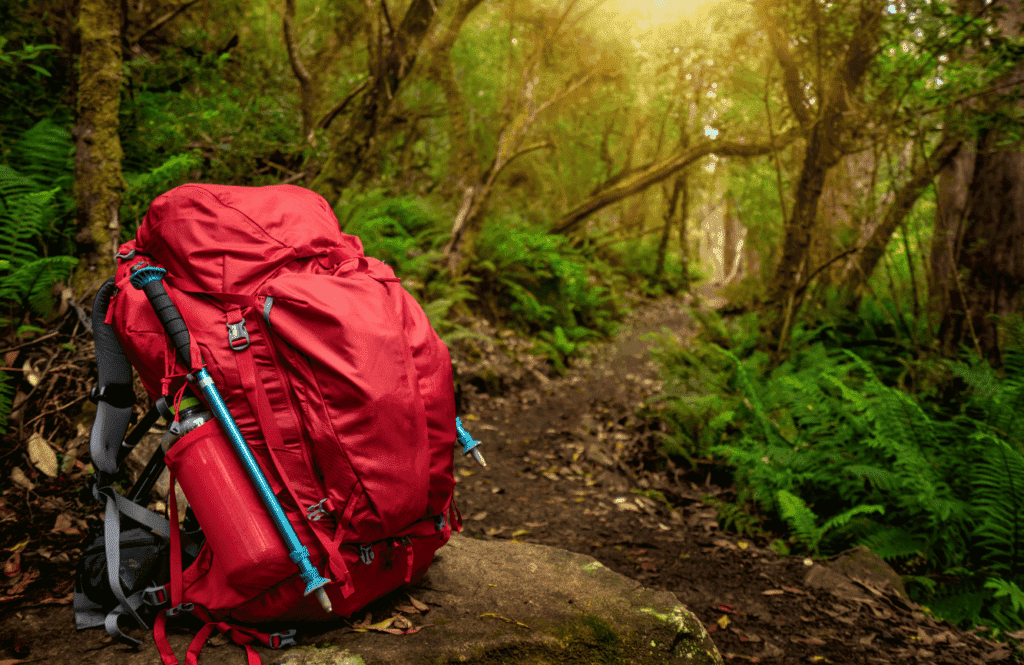

Before you venture into the wilderness, it’s wise to familiarize yourself with backcountry bathroom etiquette and maintain hand hygiene. Always carry a trowel to dig a hole for your waste, opt for unscented toilet paper, and pack hand sanitizer to ensure cleanliness throughout your journey.
Read more

Having a basic understanding of navigation tools like a compass and GPS systems will be invaluable during your hike. Ensure you download offline maps or GPS phone apps to keep you on the right path, even without cell service.
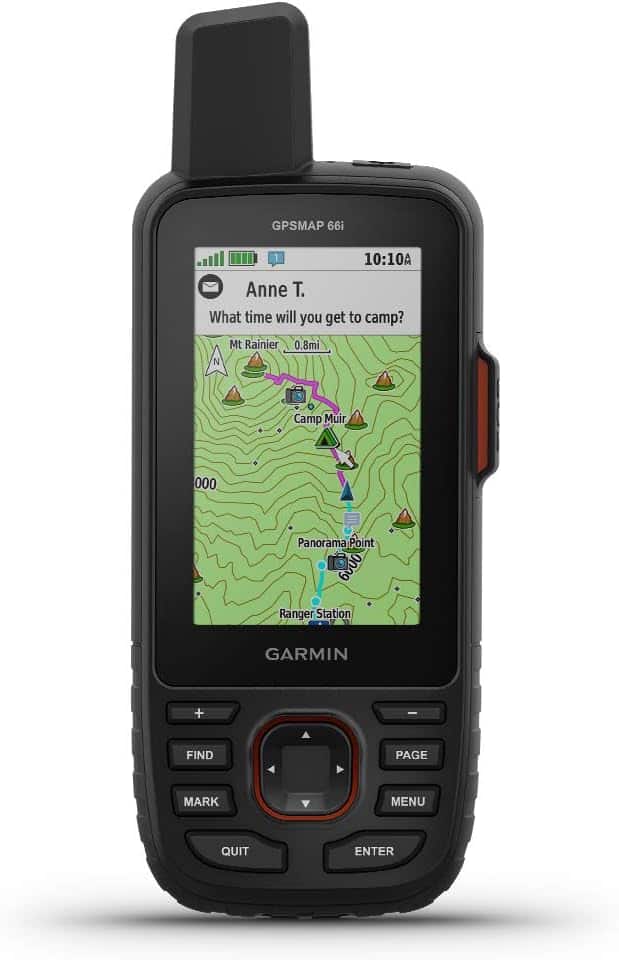
Knowing basic first aid is crucial and can be a lifesaver in emergency situations. Make sure to carry a well-stocked first aid kit and familiarize yourself with how to use each item inside it.
Read more
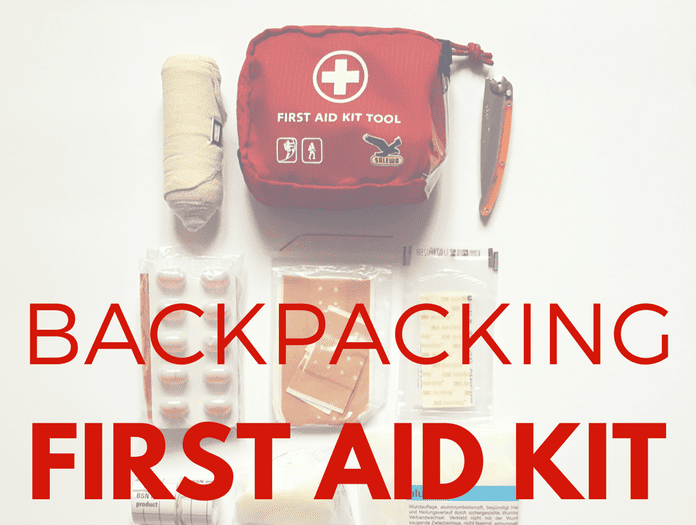
Dressing appropriately for a hike is key to a comfortable experience. Here’s what to bring on a hike to ensure you’re well-prepared for the elements and the journey ahead.
When selecting hiking clothes, choose garments that you won’t mind getting dirty. It’s best to opt for quick-drying fabrics that wick away sweat, and steer clear of cotton since it retains moisture and can leave you feeling colder.
Read more
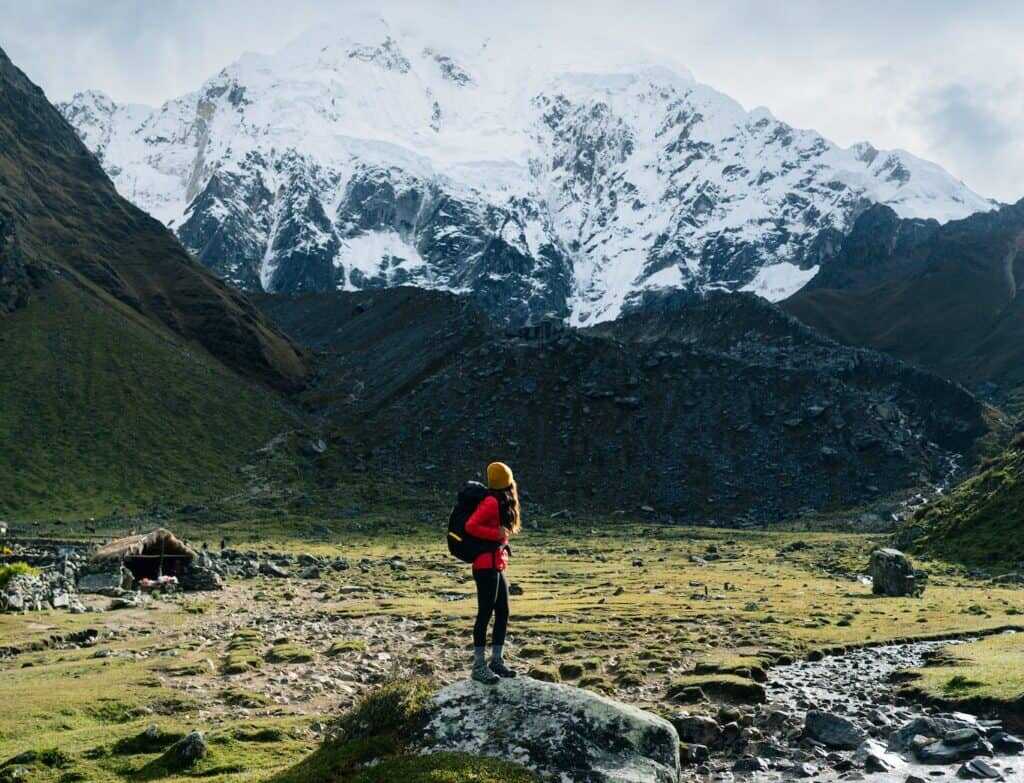
For weather protection, a rain jacket or poncho is essential to have on hand for unexpected downpours. This gear will ensure you stay dry and warm when the weather turns sour.

Invest in a sturdy pair of hiking boots or trail runners to give your feet the necessary support and shield them from rough terrain. Complement them with high-quality hiking socks to maximize comfort during your trek.
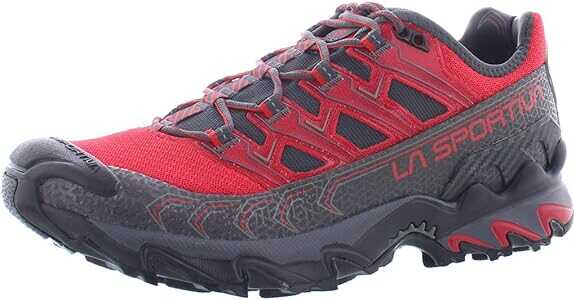
A hat is crucial for sun protection, while a pair of sunglasses will safeguard your eyes from the sun’s harmful UV rays.
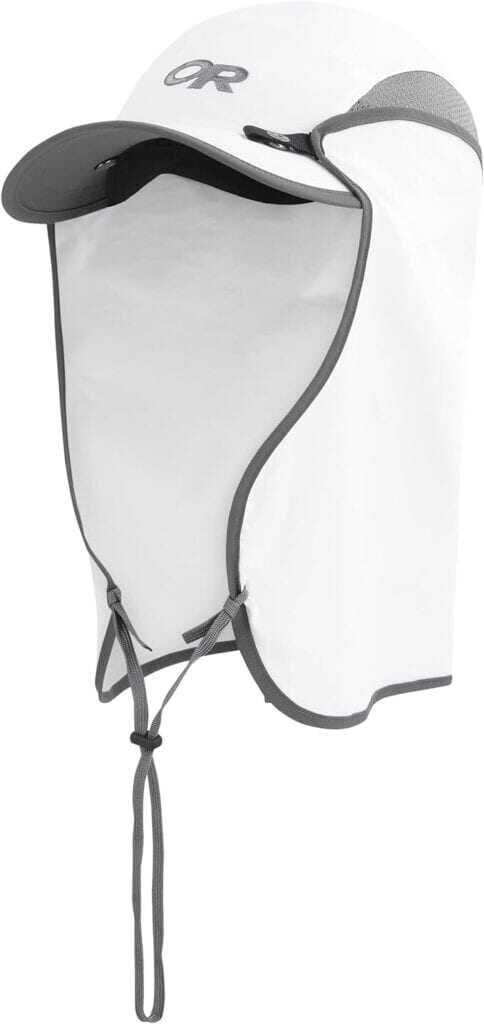
Equipping yourself with the right gear can significantly improve your hiking experience. Make sure to go through a hiking gear list and pack all the day hiking essentials before setting out.
When embarking on a hiking adventure, it is crucial to have a reliable daypack to carry all your essentials. Opt for a lightweight option that not only offers comfort and durability but also offers multiple compartments for efficient organization. This way, you can easily access your gear and keep everything neatly arranged. The multiple compartments provide ample storage space for your water bottle, snacks, extra layers, first aid kit, and other hiking essentials. Additionally, a daypack with adjustable straps, hip belt, sternum strap and a padded back panel will offer the necessary support and comfort, preventing strain on your shoulders and back during long hikes.
Daypacks typically have a capacity of 20 to 35 liters which is enough to carry all of the essentials you need for a day hike.
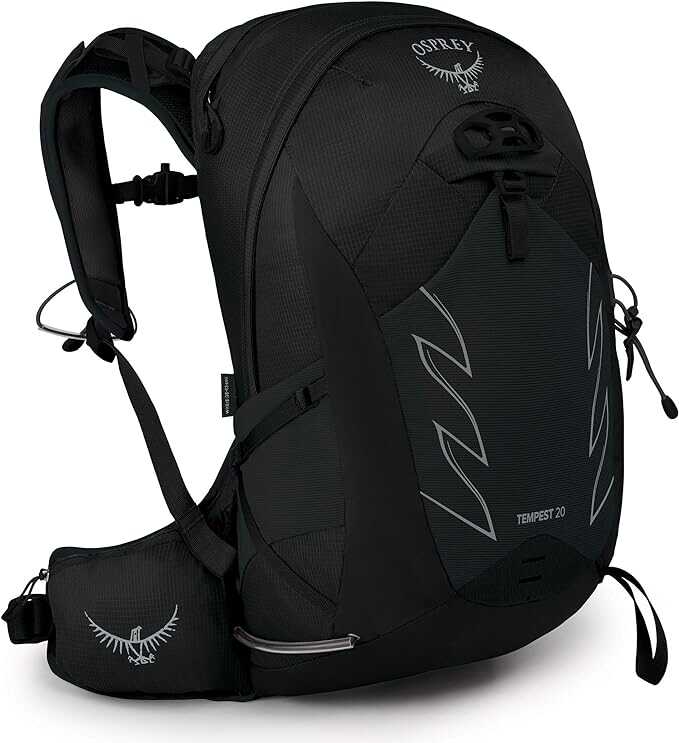
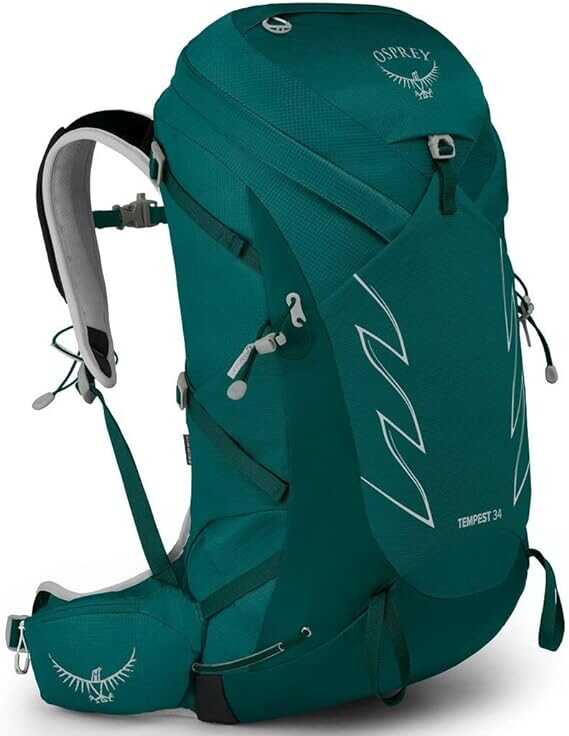
Staying hydrated is critical during a hike. It’s important to carry at least 1.5 liters of water, whether in a durable water bottle or a convenient hydration pack.

Pack calorie-dense, lightweight food such as trail mix, nutritious dried fruits, and sandwiches for sustained energy. Additionally, carry a trash bag to pack out waste, keeping the trails clean.
A headlamp is an essential piece of gear, especially if you find yourself on the trail after dark. Ensure it’s fully charged or equipped with fresh batteries before you embark on your journey.
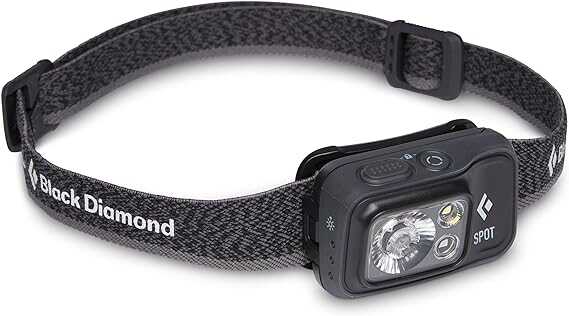
Trekking poles can be incredibly helpful, particularly on uneven terrains or during steep ascents and descents. They not only reduce the impact on your knees but also provide extra stability.
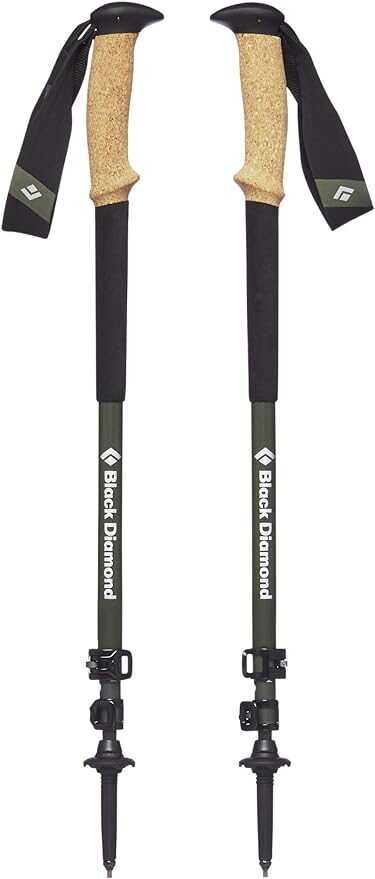
A multitool or a Swiss Army Knife can prove invaluable for a range of tasks, from cutting fruit to making quick fixes on gear.
Depending on the nature of your hike, you might need to adjust your day hiking checklist. Here are a few optional items to consider, ensuring you know what to pack for hiking.
If you’re looking to capture memories of your adventure, consider bringing a lightweight camera or simply use your smartphone.
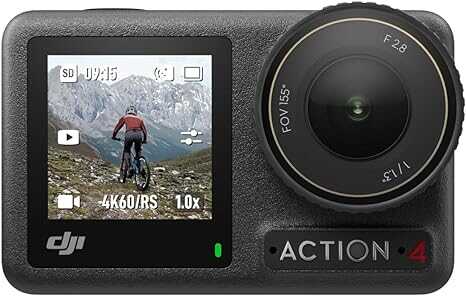
For colder weather or higher altitudes, pack an extra insulating layer or winter accessories like gloves and scarves to keep warm and comfortable.
If you plan on taking breaks during your hike, a lightweight chair can provide a comfortable place to rest and enjoy the scenery, offering a perfect blend of relaxation and nature immersion.
A well-planned day hiking checklist will ensure you’re prepared for any situation during your outdoor adventure. Remember, it’s better to be over-prepared than underprepared. Don’t forget to check the weather forecast before you leave, inform someone about your hiking plan, and most importantly, adhere to the leave no trace principles to preserve the natural beauty. Happy hiking!
Read more